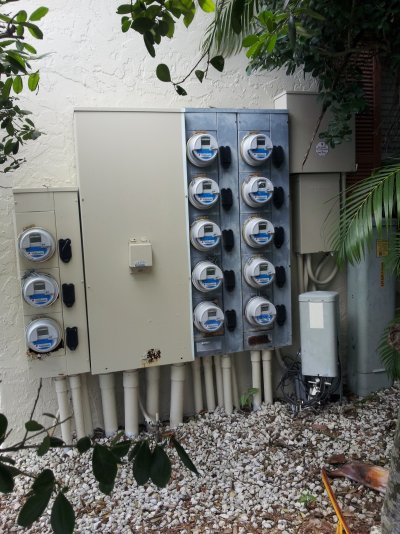When visiting family in Florida, I noticed that there's a bank of 13 smart meters located on the outside of the bedroom wall (immediately adjacent to the headboard of the bed in which I sleep).
Since we have many informed and educated posters here, I'm curious to know if there are any possible negative health effects from spending 7-8 hours every night with my head about 1 foot away from these meters?
I've tried googling smart meters and I've seen all sorts of alarmist claims. I'd prefer to understand what the risks are (if any)...and if so, what might be done to eliminate or reduce them (besides a tinfoil hat ).
).
omni
Since we have many informed and educated posters here, I'm curious to know if there are any possible negative health effects from spending 7-8 hours every night with my head about 1 foot away from these meters?
I've tried googling smart meters and I've seen all sorts of alarmist claims. I'd prefer to understand what the risks are (if any)...and if so, what might be done to eliminate or reduce them (besides a tinfoil hat
omni



